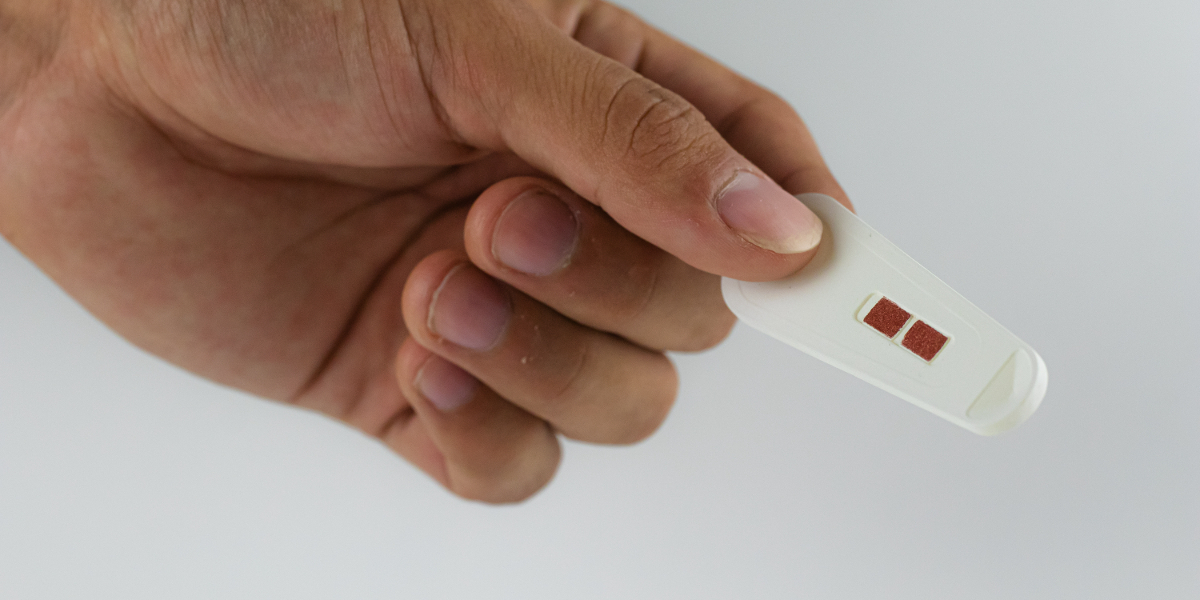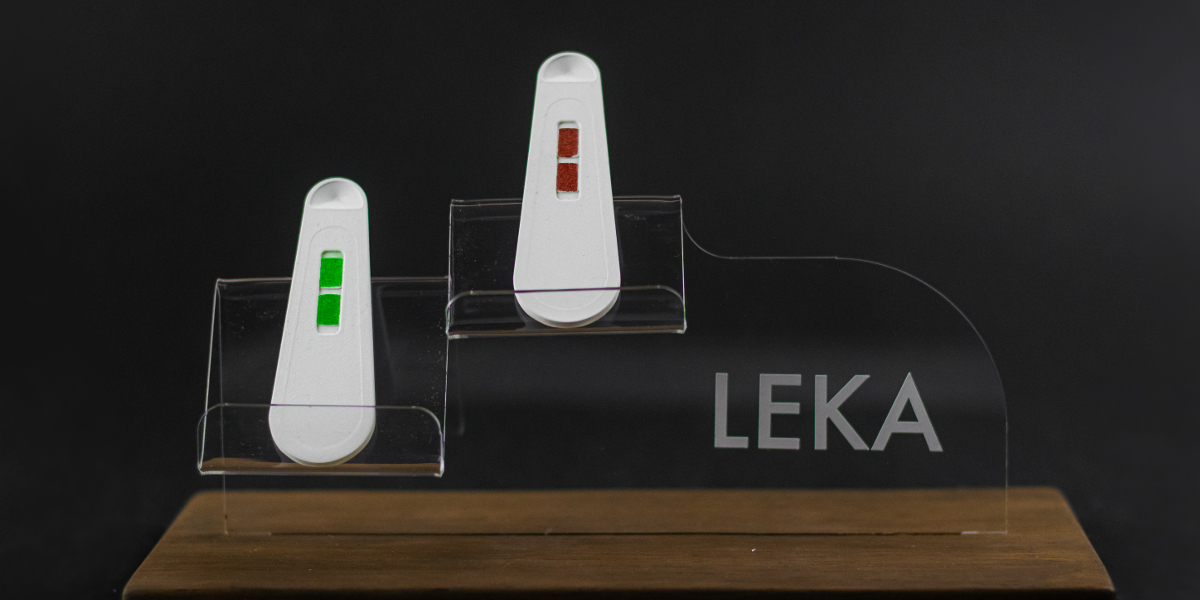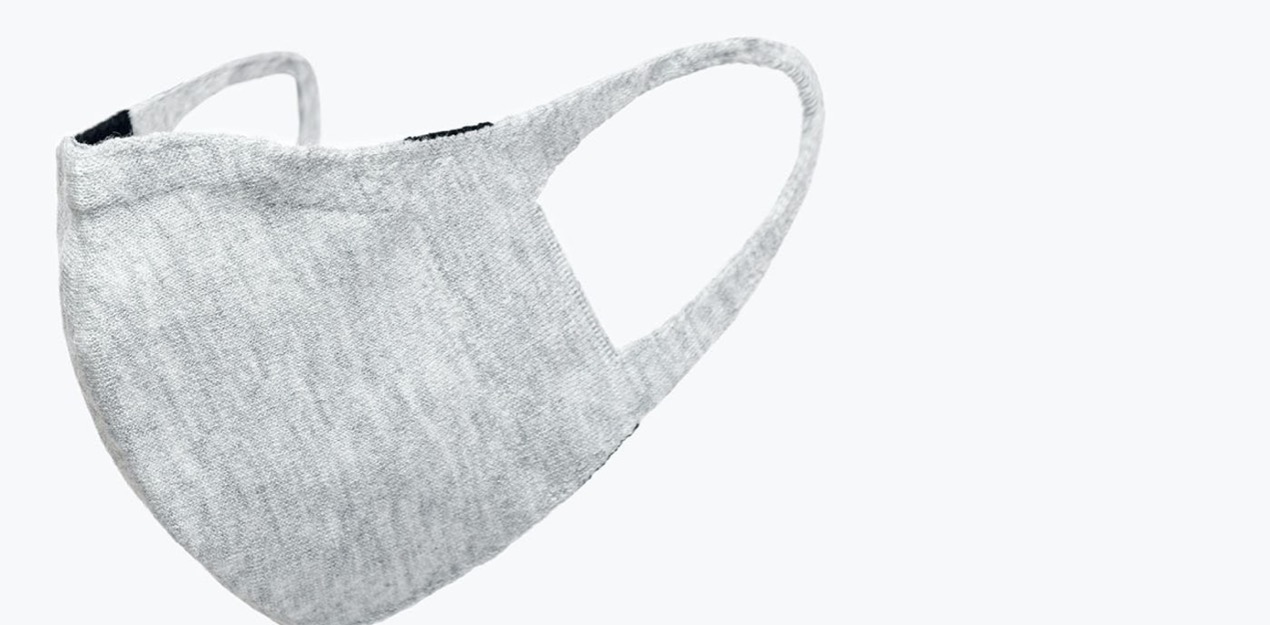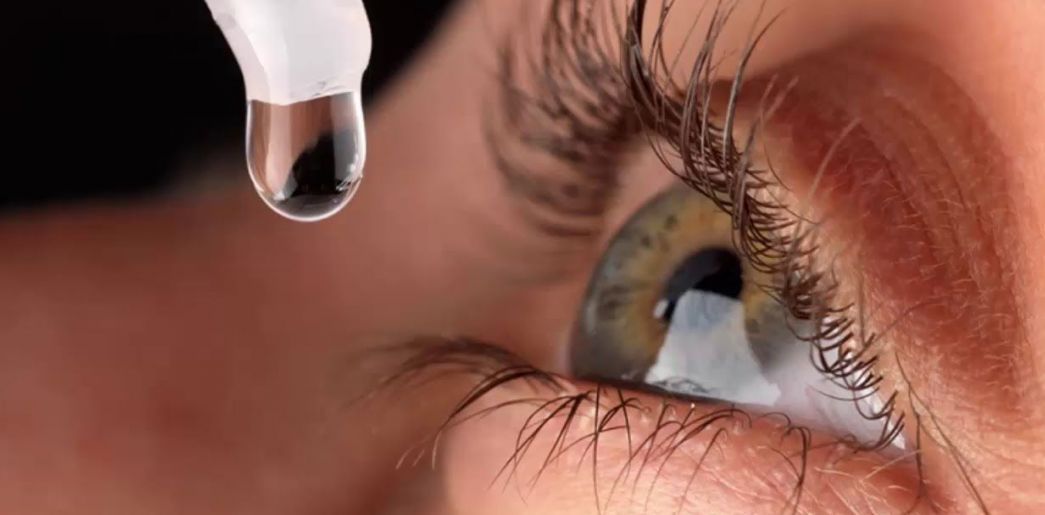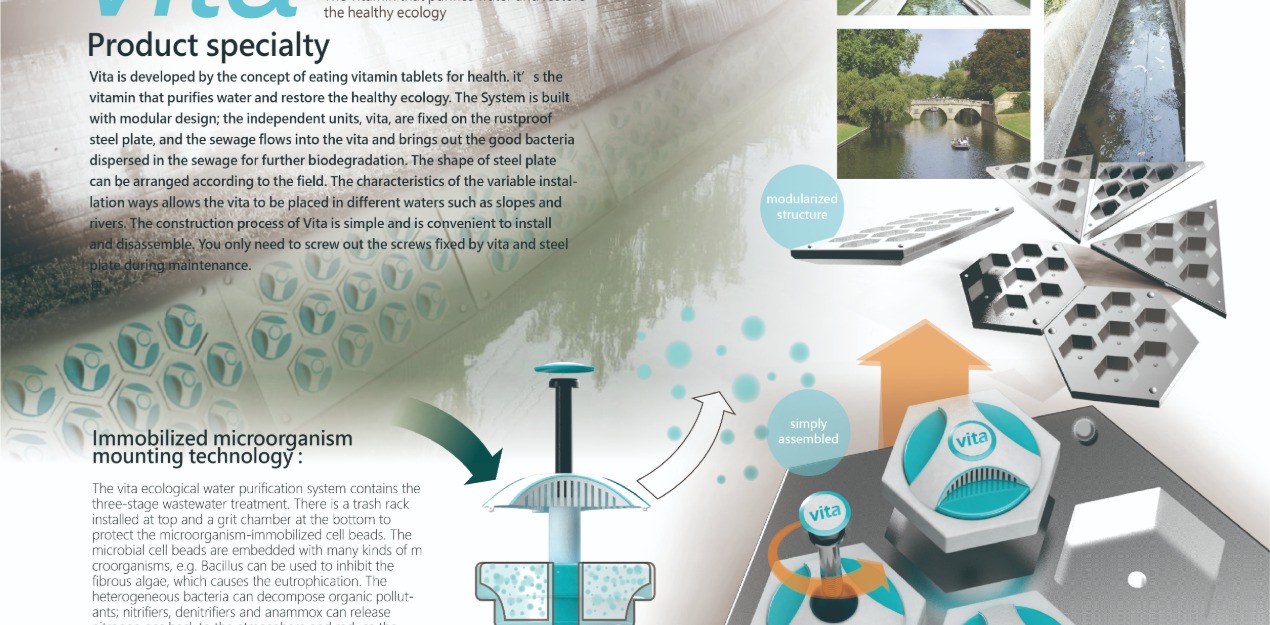AWARD YEAR
2023
CATEGORY
Body
GOALS
Good Health & Well-being
KEYWORDS
disease detection, cysticercosis
COUNTRY
Mexico
DESIGNED BY
Ximena García Ortega
WEBSITE
https://www.behance.net/gallery/165837407/LEKA
LEKA
Biodegradable and non-invasive test to detect cysticercosis, a neglected disease worldwide.
How does it work?
This test is capable of detecting the parasite in humans by taking a small sample of the patient’s feces. It will automatically indicate if you are positive or negative by means of a color change on the paper, which optimizes the sampling process and simplifies the traditional copro-antigen analysis which takes longer and requires a larger quantity of sample. This type of test does not require expensive extra laboratory equipment to give the result, allowing simple application in larger quantities.
Its shape (like a spoon) allows the collection of the sample faster and helps the user does not get stained with it. Its materials allow the test to be transported to any area without risk of breaking, decomposing, or expiring since it doesn’t need some elaborate method to manage it.
In addition to providing privacy and easy access to quick diagnoses, a test of this type for parasitic diseases does not currently exist on the market, making it a unique alternative in this area.
Why is it needed?
Cysticercosis it’s a disease caused by consuming eggs of taenia-solium parasite for not having good hygiene measures, develops without showing symptoms after months or years and present itself mostly in the brain, causing death. The highest rates of infection are found in rural areas of Latin America, Asia, and Africa.
The principal causes of the disease development are:
1.- Lack of timely diagnosis and inefficient diagnosis methods
2.- Lack of awareness about the disease and of location of the parasite and when it’s contracted.
According to the available data on the prevalence of epilepsy, it is estimated that between 2.56 and 8.30 million people suffer from neurocysticercosis causing 50,000 deaths annually.
The main goal: Find an effective, cheap, and easily accessible detection method for the rural sector, where there is a higher prevalence of the disease.
How does it improve life?
The design seeks to reduce the gap around timely medical care access within the rural sector by not having accessible treatment options and with this proposal a quick diagnosis can be obtained.
LEKA is designed mainly to be a rapid, disposable, and single-use test that is friendly to the ecosystem and doesn’t produce waste, for which it is made with PHB, a biodegradable plastic that allows rapid disintegration without damaging the ecosystem, maintaining the resistance and toughness that the test needs.
This proposal allows people to maintain their independence by developing an option of easy elaboration with methods currently used to promote the creation of this type of solutions and thus, make a difference around the treatment of neglected diseases, creating a deep epidemiological study for the location of the parasite and infected patients, treating it in time and in the future seek to eradicate it.

